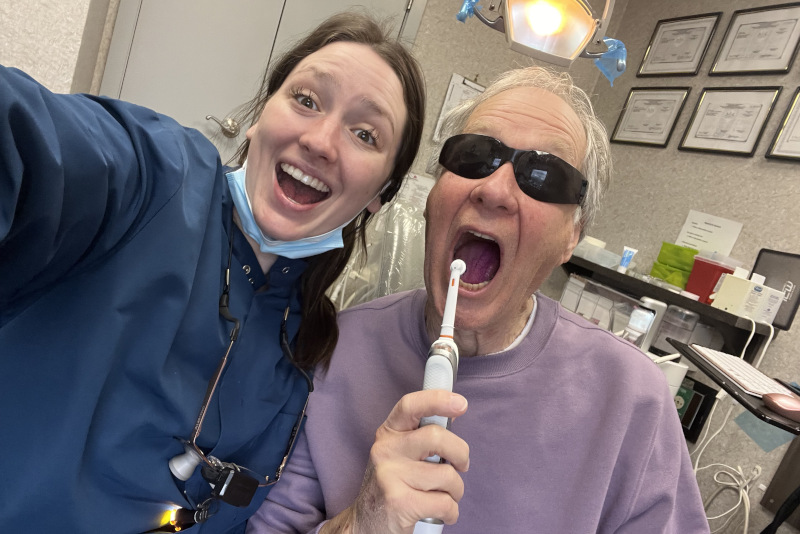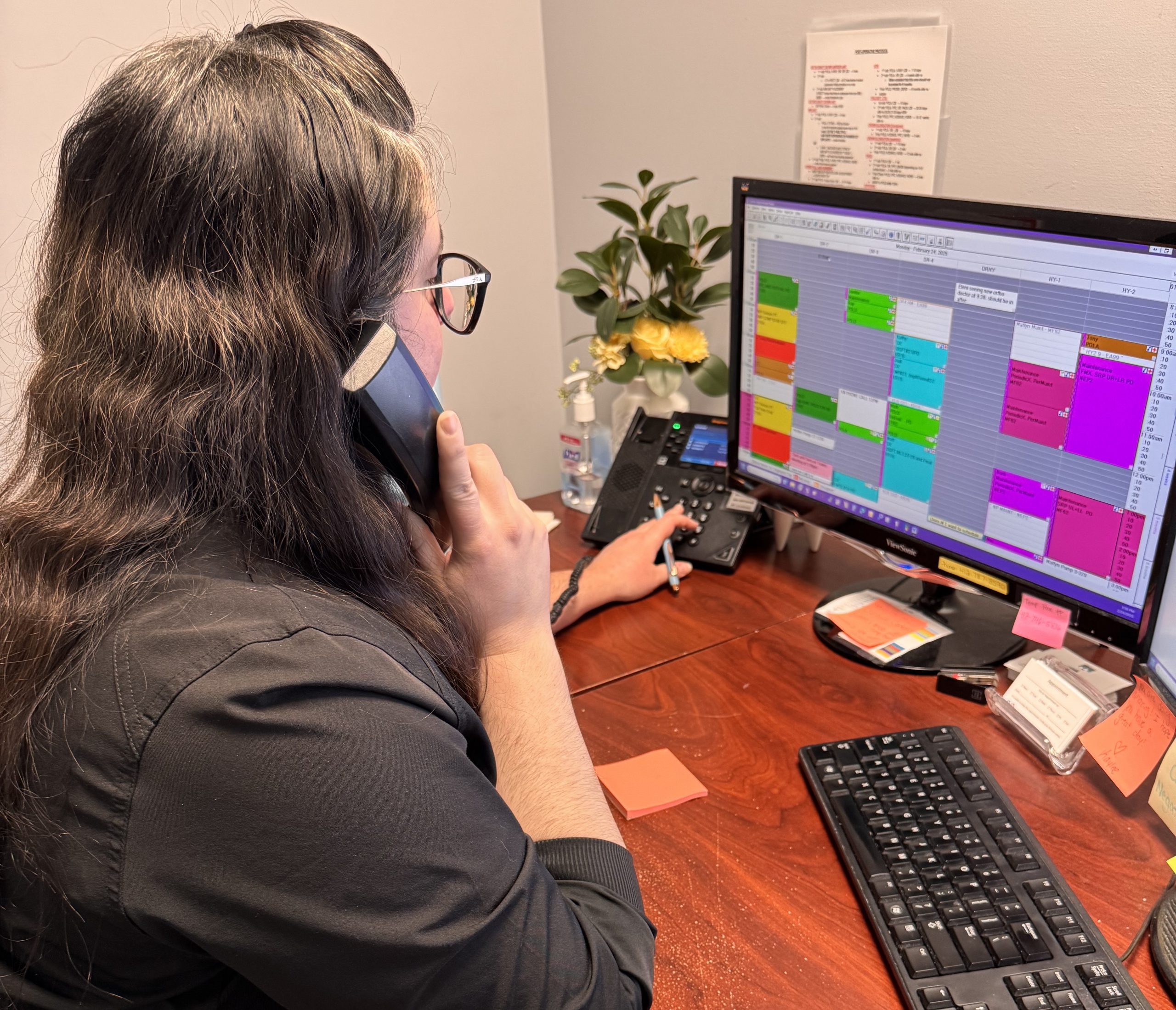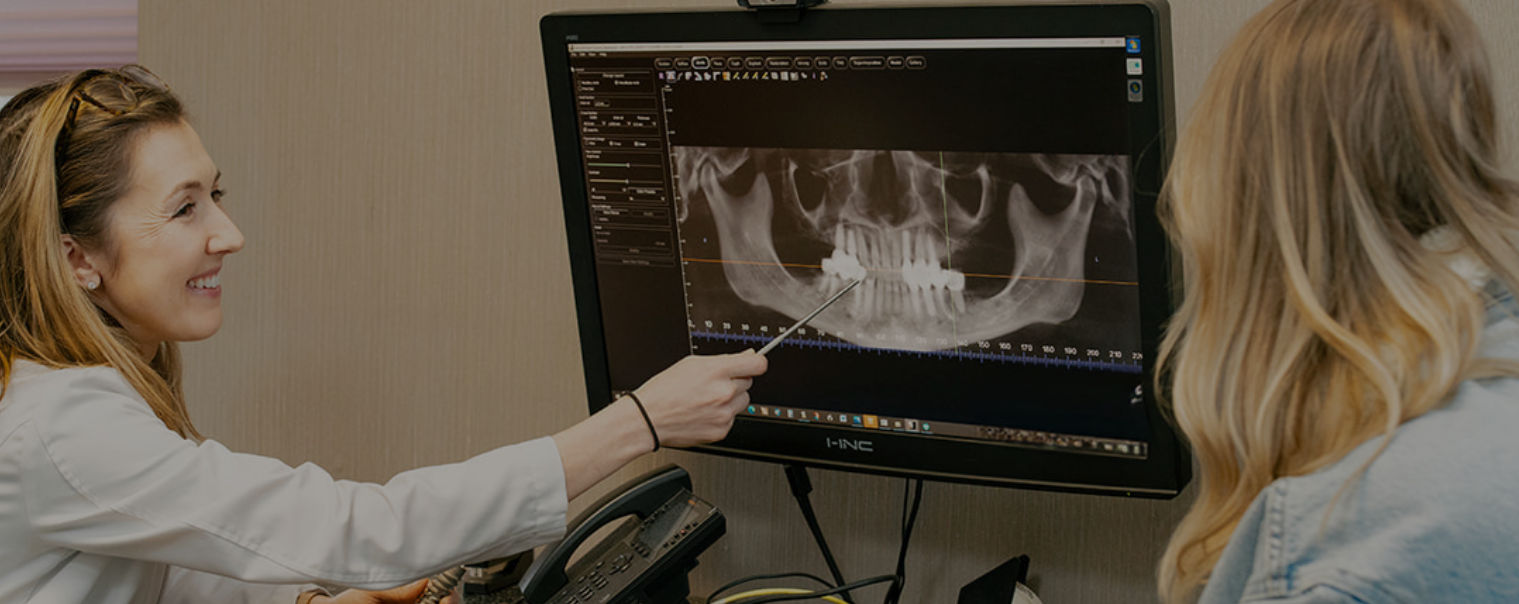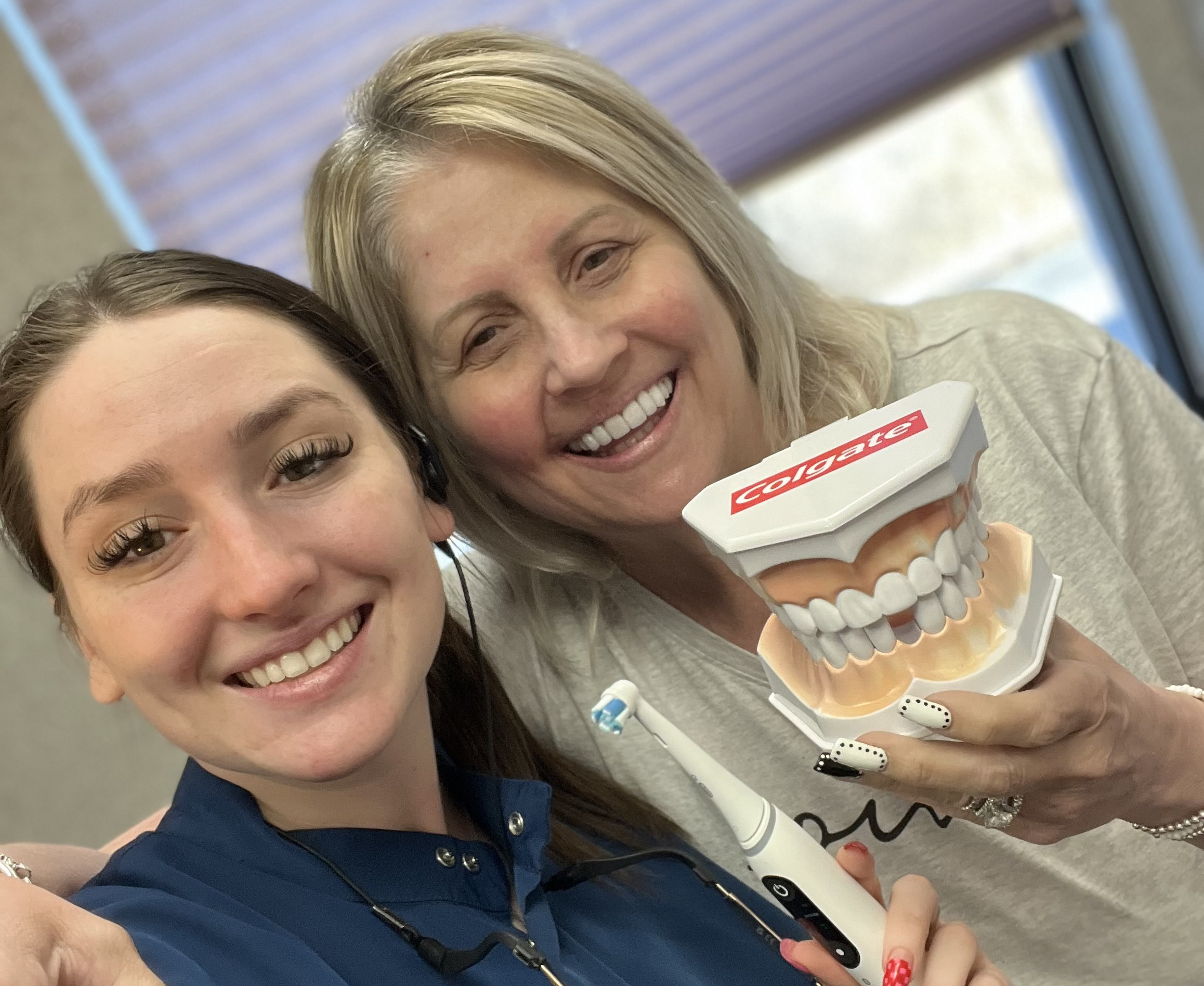
Herbal Medications

When your dentist asks you if you are taking any type of medication, you should include herbal medications along with your prescription drugs. Herbal medications have increased in popularity over the last several years, and are sometimes used in addition to prescription drugs. Because herbal medications are easy to purchase (at holistic food stores, on the Internet, etc.) and have “all natural” origins, many people feel that these remedies are merely harmless substances. These medications, however, are not just ground up herbs, but are actually derived from the potent oils of the plants. These natural medications are capable of dangerous drug interactions that can put a person at an increased risk for a complication during and after dental treatment.
From the initial consultation
to post-procedure care,
we are here to support you
every step of the way.

Several herbal medications can cause an increase in bleeding when combined with prescription or over-the-counter drugs. The herbal medications Gingko, Garlic, Melilot, Sweet woodruff, Horse Chestnut, Cinnabar root, Alfalfa, Dong quai, Barberry, Goldenseal, Oregon grape, Feverfew and Bromelains can increase the action of the blood thinners Coumadin, Warfarin and other coumarin anticoagulants. Gingko, Garlic, and Feverfew can increase the effectiveness of aspirin and can greatly increase bleeding.
Our team is ready to help you achieve the smile you’ve always dreamed of.
An increased tendency for bleeding can cause complications during many dental procedures. The greatest risk for a complication is from surgical dental procedures (having a tooth removed, gum surgery, deep cleaning under the gum-line, biopsies, etc.). Heavy bleeding that cannot be stopped in the dental office may sometimes require hospitalization. Excessive bleeding can also hamper routine dental treatment such as dental cleanings, fillings, and crowns (caps).
Certain herbal medications can also reduce the effectiveness of antibiotics. Cassia Cinnamon (used as a painkiller) can decrease the effectiveness of Tetracycline by up to 80%. Tetracyclines are sometimes used to treat dental infections, especially the treatment of gum disease.
The use of herbal medications should be discussed with you family doctor, medical specialist(s) and your dentist. We have listed just a few of the dozens of herbal medications that can have serious drug interactions. For safe and effective dental treatment, please inform Dr. Roll, Dr. Williams and your general dentist about all of the medications you are taking, including herbal medicine.
There are many herbal medications that can increase the action of prescription drugs used to treat hypertension. Most of these herbal remedies are considered diuretics, and can cause a dangerous condition called hypotension (low blood pressure) when used with anti-hypertensive drugs.



Some herbal remedies can have adverse reactions with other medications. For example, they can increase the effect of blood thinners and can affect routine dental treatments. Always let us know what medications or other remedies you are taking.
Due to the ready availability of herbal medications, some people have the misconception that these remedies are just harmless substances. These natural medications are, in fact, capable of causing dangerous drug interactions that can increase the risk for serious health problems.
It is estimated that nearly 75 million Americans suffer from hypertension, often referred to as the “silent killer”. Hypertension is dangerous because it increases the risk for heart attack, stroke, kidney, and eye damage. A person can have hypertension for years and not know about it because there are often little or no symptoms. People with hypertension are generally advised to reduce salt intake, lose weight, and increase aerobic exercise. If these measures are not sufficient, a number of drugs are needed to reduce the blood pressure. The main drugs given to people with hypertension are diuretics, beta-blockers, calcium channel blockers, and angiotensin converting enzyme (ACE) inhibitors. These drugs are collectively referred to as anti-hypertensive drugs, and reduce blood pressure by decreasing blood volume, decreasing the force of heart contractions, and relaxing blood vessel walls, respectively. There are many herbal medications that can increase the action of these prescription drugs used to treat hypertension. Most of these herbal remedies are considered diuretics, and can cause a dangerous condition called hypotension (low blood pressure) when used with anti-hypertensive drugs. Hypotension can cause dizziness, fainting, and in some cases, a life-threatening complication called shock. The long list of herbal medications that can cause hypotension include: Agrimonia eupatoria, Agropyrum repens, Alchemilla arvensis, Alisma plantago, Anacyclus pyrethrum, Bearberry, Buchu, Capsella bursapastoris, Carium petroselenium, Chelidonium majus, Chondodendron tormentosum, Black cohosh, Oxalis acetosella, Herniaria glabra, Hydrangea aborescens, Larix Americana, Collinsonia Canadensis, Hawthorn, Galium aparene, Sassafras, Dandelion, and Viola tricolor.
We are concerned with both hypertension and hypotension. People with poorly controlled hypertension will often bleed more during and after routine dental surgery, causing potential difficulties with the procedure. People taking any of the herbal medications listed above in addition to prescription anti-hypertensive medications may be in danger of passing out or more serious complications, especially if they are under physical or emotional stress during dental treatment. They may also be at a greater risk for fainting after a dental procedure when they are being elevated in a dental chair from a supine (lying on the back) position. So please remember to tell us about all of the medications you are taking, including herbal medicine.
We are committed to delivering
Excellence in Dental Care



Trust our expert team to
help you achieve a smile
that reflects your true self
Excellence and Expertise



CHECK OUR
Patient reviews
“Very knowledgeable and friendly staff…”


